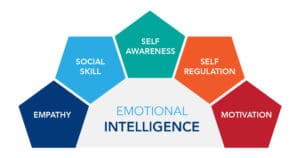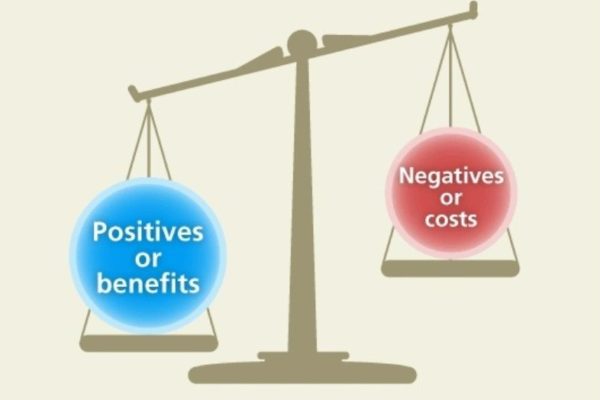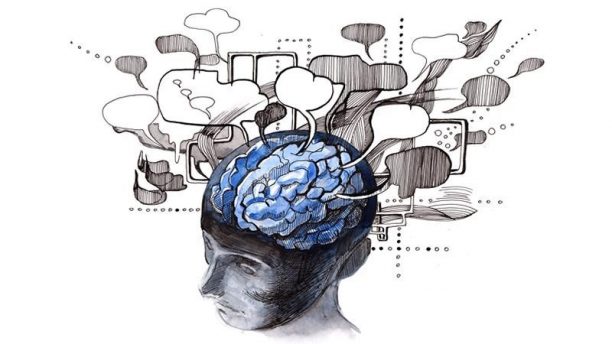Daniel Goleman first popularized emotional intelligence (EI) with his book “Emotional Intelligence: Why it can matter more than IQ.”
In the last few years, businesses have tried fusing emotional intelligence into many HR-related functions to help them stand out from their competition. A few examples include EI in hiring, training, and leadership development.
EI is related to superior performance. Employees can learn EQ skills through training and coaching. As a result, EQ skills can improve performance, leadership effectiveness, and keep of top performers.
One thing that separates high-performance organizations from mediocre is the number of employees that score high in EI.
This article presents the business case for emotional intelligence and superior performance.


What is Emotional Intelligence?
EI is the ability to understand and manage your own and others’ emotions.
As employees become more aware of themselves, they can be more aware of others in the workplace.
Most problems at work are interpersonal. For instance, a survey found that 76 percent of leadership’s top workplace issues relate to people and relationships.
This makes sense because organizations consist of people.
An emotionally intelligent employee take the time and effort to build genuine, lasting relationships with everyone at work.
They know a lot about themselves and other people; they are balanced, calm, integrated, and use their emotions to make good decisions.


Emotional Intelligence and Superior Performance
EI is essential for long-term success in our new work environment.
Emotional information is an essential part of effective performance. It seems that an employee’s ability to use emotional information in meaningful ways is crucial for success.
80 to 90% of the skills that make people good at their jobs are in the area of EI, Goleman said in Working with Emotional Intelligence.
EI is twice as likely to predict top employee performance than just skills, knowledge, and expertise alone.
Emotionally intelligent employees can assess their emotions, manage them, and change their responses to be most effective for each person and situation.
Interpersonal intuition makes emotionally intelligent employees a valuable business asset.
Emotionally Intelligent Leaders
Similarly, EI applies to leaders as they are responsible for 70% of organizational problems.
Leaders who show more EQ skills get effective results.
To illustrate, a study looked at the EQ of 186 executives and the company’s revenue. Leaders who scored higher on EQ skills, like self-awareness and empathy, are shown to be more profitable.
Emotionally intelligent leaders have self-awareness about how they act and affect their team, leading to more engagement.
Leaders who use EQ to build engagement are 38 percent more likely to have above-average productivity and 27 percent more profit.
Emotionally intelligent leaders are resourceful in collecting and using emotional information in collaborative and meaningful ways.
For example, leaders with a high EQ were linked to better teamwork and resolving problems in ways that benefit everyone.
Emotional contagion spreads emotions in the workplace and may explain why leaders are crucial in employee success.
Research on emotional contagion found that employees who work with positive leaders are more likely to show positive emotions.
Check out my podcast about emotions in leadership!


EI is the critical component that separates top-performing leaders from mediocre leaders.
Star Performers
EI is a massive advantage for businesses when there is a lot of uncertainty and competition searching for star performers.
High EI employees are more likely to outperform.
For instance, analyses found that EQ skills were found 44 percent of the time out of the ten most common performance skills, while IQ skills were only mentioned 19 percent of the time.
The ten most common performance skills were achievement, cooperation, empathy, flexibility, impact and influence, international, motivation, organizational awareness, and teamwork
EI also predicts whether employees complete on-boarding.
Employees selected based on EQ skills were 90% more likely to finish their training and only had half the dropout rates (Hay/McBer Research and Innovation Group 1997).
EQ skills set superior benchmarks for future employees.
Using EQ tests to find out high EI employees has been shown to save $2.7 million a year and make them more likely to stay. As a result, emotionally intelligent employees are more likely to stay at their jobs and do better work.
High EI separates the star performers from employees who will eventually disengage from your business.
Examples of Emotional Intelligence Implementation in the Workplace
- American Express tested EI training on financial advisors; trained advisors increased business by 18.1%.
-
After a Motorola manufacturing facility provided stress management and EI training, 93% of employees increased productivity.
- New Zealand Telecom categorized 70 senior leaders into high and low-performance groups based on established leadership performance skills. 48% of what differentiated the high and low-performing leaders were attributed to El skills. In other words, almost one-half of the skills needed to be a good leader in this company are EI skills.
Conclusion
A high-performance business has leaders and employees who are emotionally intelligent.
An EI culture starts at the top. If you expect your leaders and employees to build and practice EI, CEOs must be willing to model these skills.
This article presents a clear business case between emotional intelligence and superior performance.
If you would like a step-by-step guide, check out my blog, which outlines how to become a more EI business.
I post new articles every Tuesday and Thursday and update my podcast every Monday, Wednesday, and Friday. Please subscribe to either my blog or podcast if you enjoy my content
Bianca Cardenas, M.S., Ph.D., is a Fellow in Executive Assessment and Consulting with Leadership Worth Following. Dr. Bianca Cardenas empowers leaders to transcend competition by helping them unlock their people's potential.






















